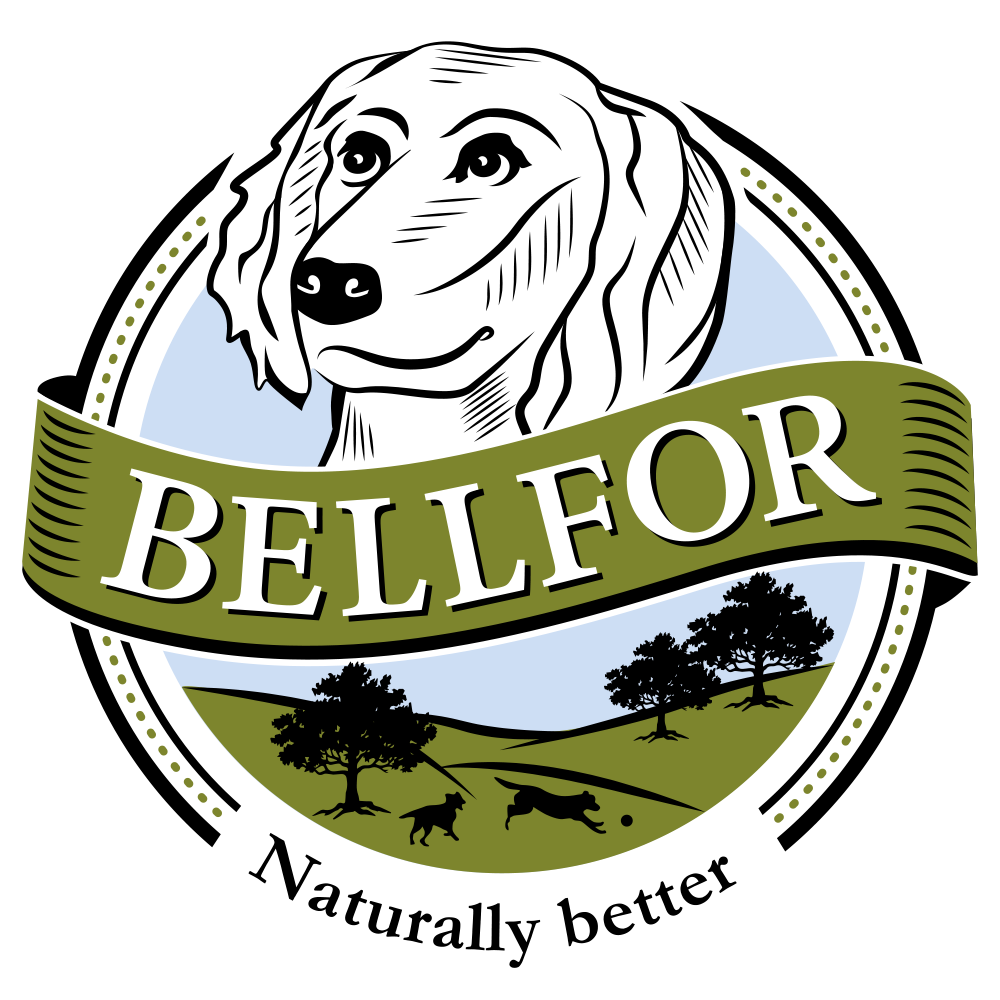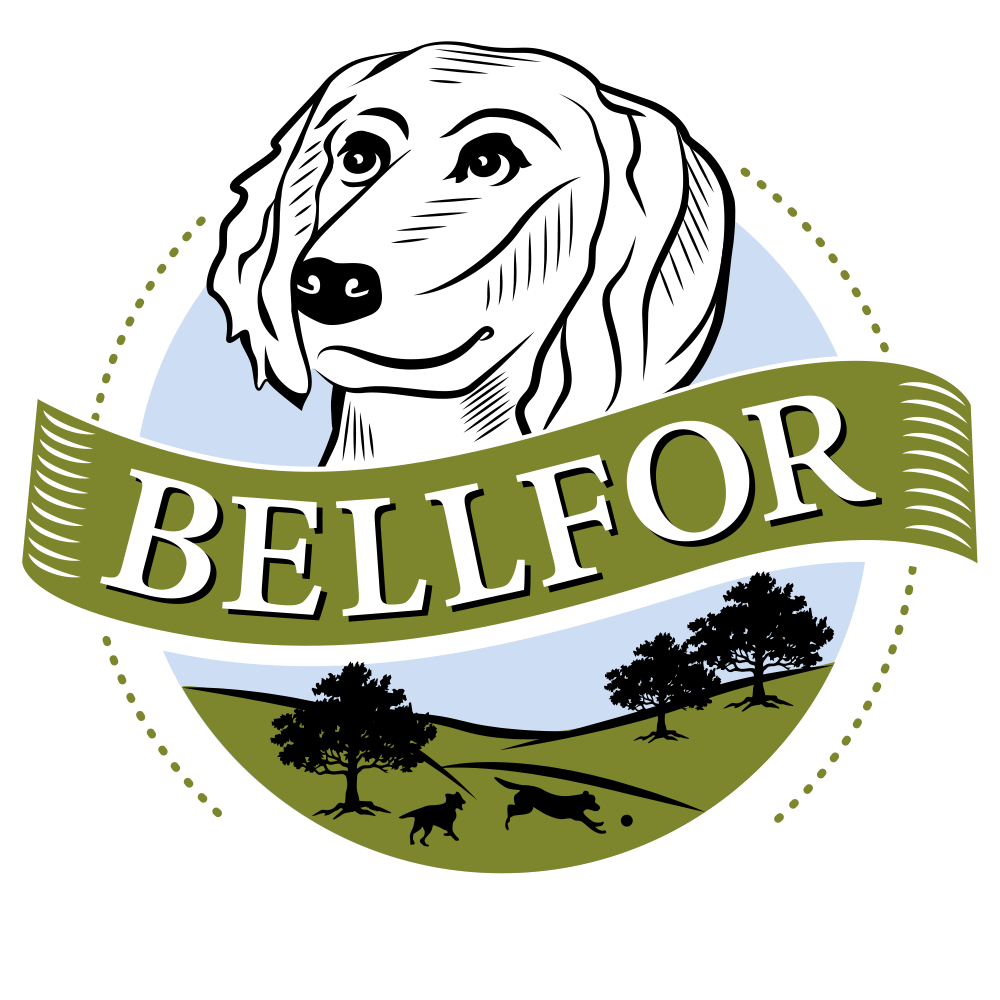Dog diseases and tips for health care
Just like people, dogs can also get sick. The list of possible health problems is extensive, and not all dog owners are necessarily aware of the risks that undiagnosed diseases can have.
We want to change this and make you more aware of these issues. In our articles, we explain common dog diseases in detail. You will learn important information about their causes and symptoms, as well as about available treatments. We also give you valuable tips on preventive health care.
Diverse health problems in dogs
From eye infections to dental problems, dogs are prone to numerous health complaints. Your pet can fall ill with various infectious diseases or develop various allergies over time.
Diseases such as chronic intestinal inflammation (IBD) or ailments that occur mainly with old age, such as chronic renal insufficiency, are also particularly common in dogs.
In general, it is essential that remedial measures are taken in good time. Depending on the type of disease, this will not only help combat unnecessary discomfort, but may even prevent permanent health damage.
Breed-specific risks for dog health
Of course, every dog can get sick. However, there are diseases for which there is an increased risk in certain dog breeds. Large dogs, for example, suffer above-average numbers of life-threatening stomach twists and also have an increased risk of arthritis and hip and elbow dysplasia.
With regard to your dog's health, you should be aware of individual risks and, if possible, take appropriate preventive measures. In our Dogs Guide, we deal with this topic in detail and offer valuable tips on how best to reduce existing health risks in your four-legged friend.
Parasites are widespread in dogs
In addition to allergies and various canine diseases, there are also a number of parasites that attack dogs and can sometimes cause serious damage to their health. These include endoparasites such as worms and giardia, which primarily cause digestive problems.
However, so-called ectoparasites, which attack the dog's skin, are also a very common problem. These include various mites as well as fleas and ticks. The latter can be even more dangerous because they can infect your dog with pathogens.
In our guides, we show you how to recognise a parasitic infestation, how best to counteract it and how you can optimally protect your dog from parasites in the future using natural methods.
Effective prevention and prompt diagnosis
In order to give your dog a long and happy life, it is important that you pay necessary attention to all aspects of health care. This includes maintaining a balanced diet, regular visits to the vet and avoiding health risks.
It is also important that you recognise existing complaints as early as possible and have them treated professionally. After all, with many dog diseases, recovery crucially depends on how early treatment can be started.
In our guides, we therefore also discuss the subject of disease prevention in detail, show you step-by-step how you can support your dog's health in everyday life and explain which risks you should avoid.


















































































